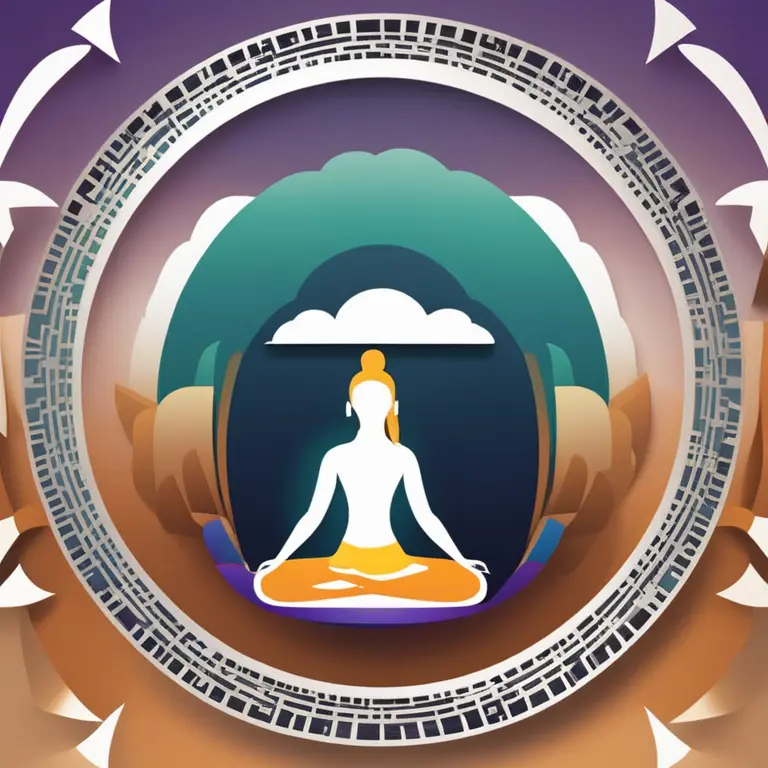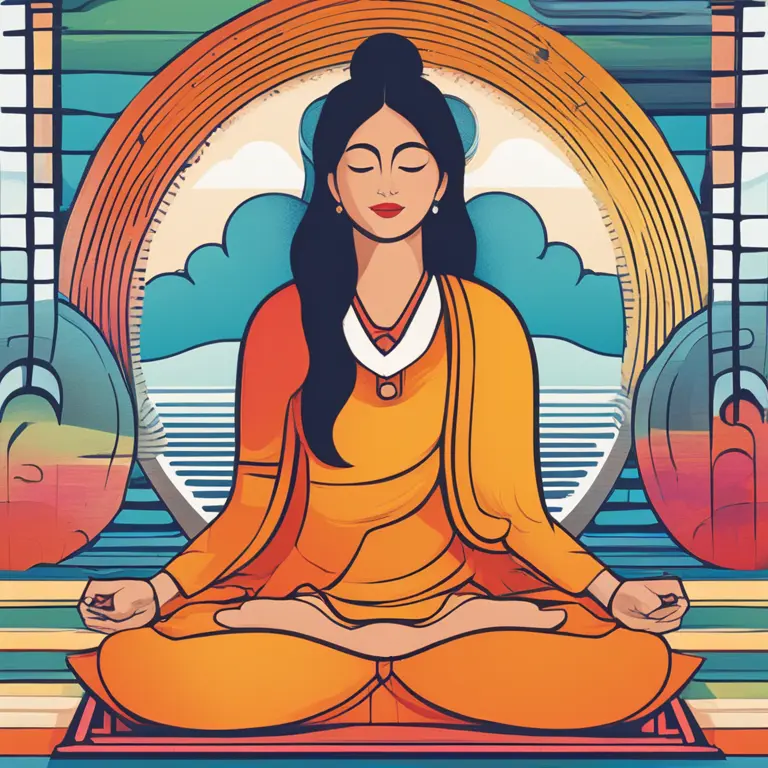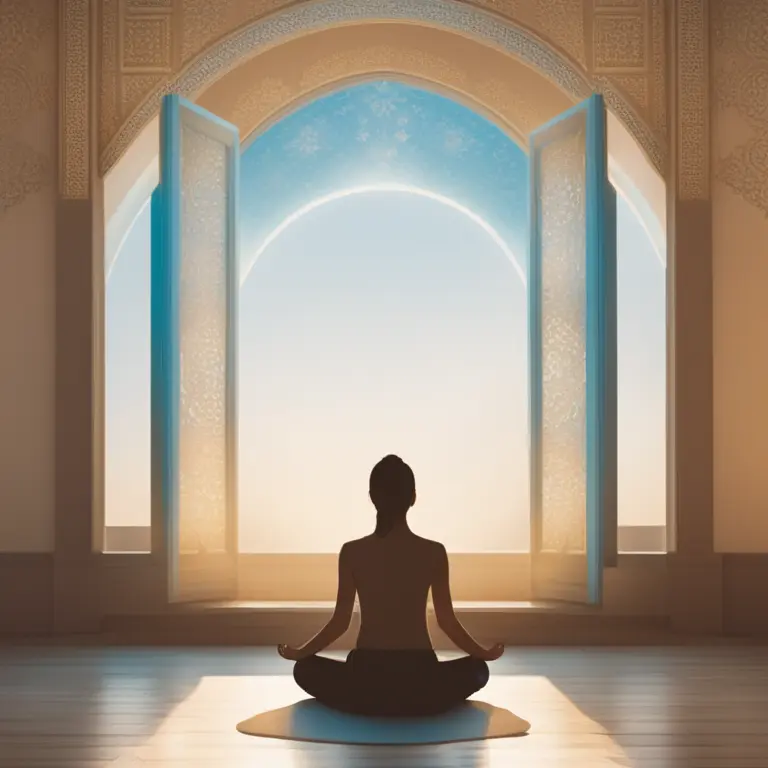
Easing Anxiety Through Meditation Techniques
Discover effective meditation approaches to alleviate anxiety, fostering inner peace and mental clarity.
article by Hina Kurosawa
Brief Introduction to Meditation and Anxiety
Meditation has long been practiced as a method for calming the mind and reducing stress. In our fast-paced, constantly-connected modern world, anxiety has become a prevalent issue, affecting millions of people globally. With the integration of technology, we have seen the emergence of various meditation apps and virtual platforms, promising to provide relief in a digitized format. As we look into 2024 and beyond, incorporating meditation into daily routines is increasingly advocated by mental health professionals as a complementary tool to manage anxiety.

Foundations of Meditation for Anxiety Relief
To effectively use meditation for anxiety, understanding its foundations is crucial. The essence of meditation lies in achieving a state of deep relaxation and heightened awareness. By focusing on the present moment and acknowledging thoughts without judgment, individuals can learn to disrupt the cycle of worry. Methods such as mindfulness meditation have gained scientific backing for their potential to reduce symptoms of anxiety disorders. This practice involves paying attention to the breath, sensations within the body, or a particular object to anchor the mind.

Body Scan Meditation
One practical technique is the Body Scan Meditation, which can be particularly useful for those experiencing physical symptoms of anxiety such as tension or restlessness. By slowly focusing on different parts of the body and consciously relaxing them, practitioners can create a powerful mind-body connection that promotes overall tranquility. The technique encourages gradual attention from the toes to the crown of the head, helping to release pent-up stress and foster a sense of bodily awareness that can serve as a refuge from anxiety.

Breath-Focused Practices
Breath-focused practices are another cornerstone technique, serving as an accessible entry point for beginners. These include deep abdominal breathing, rhythmic breath counting, or the 4-7-8 breathing technique, where one inhales for 4 seconds, holds the breath for 7 seconds, and exhales for 8 seconds. Such breath control techniques help regulate the nervous system and can quickly induce a calmer state of mind, making them ideal for moments when anxiety starts to spike.
Guided Visualization
Guided Visualization is a technique that involves forming mental images of places or situations that you find calming. It leverages the brain's ability to imagine and evoke the physical and emotional sensations that might accompany a relaxing experience. Many prefer digital platforms offering guided visualization tracks, which often include calming narratives and soundscapes designed to transport the mind to a serene environment, thus distancing from anxious thoughts.
Moving Meditation for the Active Mind
For individuals who find sitting still challenging, moving meditation might be the answer. This incorporates gentle, flowing movements with conscious breathing, as seen in practices like Tai Chi or walking meditation. The physical activity paired with mindful awareness can be particularly engaging for an active mind, diverting it from stress-inducing patterns and redirecting focus towards holistic presence and movement.
Meditation Apps and Virtual Resources
The use of meditation apps and virtual resources has become increasingly prevalent, offering guided sessions, progress tracking, and personalized experiences. These digital tools, constantly updated with the latest research and user feedback, are designed to accommodate various preferences and lifestyles. They not only provide flexibility in practice but also integrate community features, fostering a sense of shared experience and support among users.
Developing Regular Practice
Establishing a regular meditation practice is key to obtaining sustained benefits in managing anxiety. Consistency helps in creating a mental habit that can reinforce neural pathways associated with relaxation and well-being. Even short daily sessions can have accumulative positive effects over time. As mindfulness and meditation continue to be integrated into daily regimens, we may see a societal shift towards more proactive mental health maintenance.
Published: 2/12/2024
Modified: 2/12/2024
More predictions
Come back here soon to learn more about yourself and your future


Diverse Meditation Techniques for Modern Practitioners
Discover a range of meditation methods suited for contemporary lifestyles, offering pathways to inner peace and clarity.


Meditate Away Anxiety: Simple Techniques for Calm
Discover practical meditation techniques designed to ease anxiety and cultivate serenity in everyday life.


Varieties of Meditation: A Comprehensive Guide
Discover the diverse meditation techniques to enhance your mental wellness and spiritual growth. Delve into this guide for insight into the different paths of mindfulness.